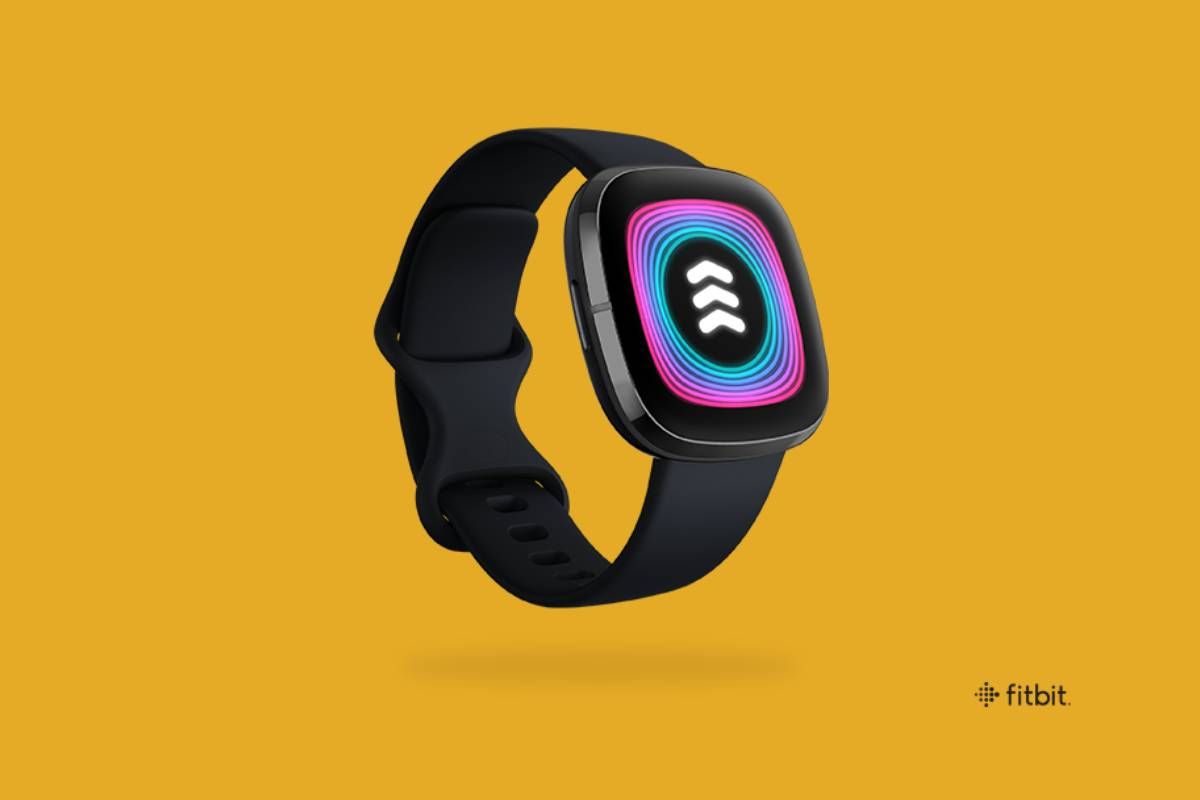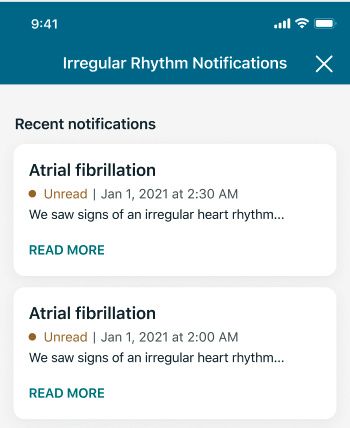Earlier this month, Google received clearance from the U.S. Food and Drug Administration (FDA) for heart rhythm detection to enable heart rhythm detection on its Fitbit wearable devices. The functionality is now rolling out, and now we know which devices it's available on.
Fitbit devices can now monitor the changing blood volume in a person’s blood vessels, and use that data to determine a hearth rhythm. With that baseline, wearables can check for irregularities and possible signs of atrial fibrillation, a condition that is associated with increased risk for heart failure, dementia, and stroke. Fitbit’s own study from 2020 reported that its algorithms could identify atrial fibrillation with a 98% success rate, based on data from 455,699 participants over a five-month period.
Irregular rhythm notifications can now be enabled by opening the Fitbit app, finding the Assessments & Reports section, tapping 'Irregular Rhythm Notifications,' and selecting 'Set up now.' Google recommends wearing your Fitbit as often as possible, especially during sleep, for the best baseline calculation and monitoring.
Most recent Fitbit devices are supported, including the Charge 3 and newer, Versa 2 and newer, and the Luxe. Google mentioned in a support document that notifications are only sent after signs of an irregular rhythm are detected in multiple readings, to avoid false positives.
The new functionality might take a few weeks to appear on all devices, so if you don't see the option yet in your Fitbit app, sit tight.
Source: Fitbit Help
Via: 9to5Google


